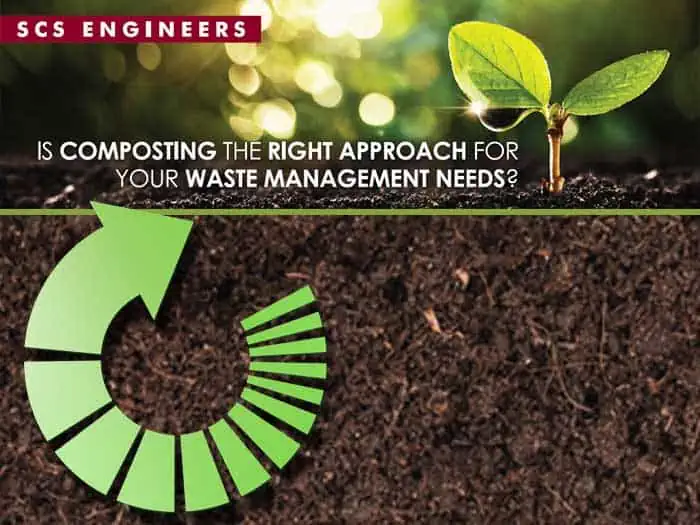


We’re all looking for more sustainable waste management options and are keeping relevant with waste diversion regulations. As you review your waste management options, consider a pilot program before making a significant capital investment in a new compost or organics management system.
Compost pilot projects are short-term test programs that evaluate your organic waste streams and assess whether composting is a viable solution for you. Insights gained from these programs result in systems tailored to your goals and appropriate for your waste streams. The process includes environmental, economic, and social factors, making them a true test for sustainable waste management.
Compost pilot projects allow you to:
Assess the feasibility of collecting/sourcing organic materials. Pilot programs identify qualities and quantities of collected materials and where your system needs close coordination. Developing a program without confirming these details might result in an inefficient or ineffective program.
Assess the characteristics and handling requirements for the different organic materials. Characteristics of organic materials differ. Understanding your materials ensures proper handling of the feedstock materials. Understanding moisture levels, carbon-nitrogen content, physical size, and contamination levels dictate how you manage your materials.
Assess different mix recipes and residence times. Residence time directly impacts area requirements and system costs. Minimizing residence times while considering odor generation can result in an appropriately sized and cost-efficient system.
Provide proof of concept for the specific technology and configuration.
Assess environmental impacts. Potential impacts of compost systems include odors, noise, water runoff, and vectors. Designing and testing your system to minimize these impacts lowers your risk of disgruntled neighbors. Planning for these impacts ahead of time avoids the added cost of managing them once your permanent system is operational and reduces the risk of program cancellation.
Provide training for management and operating staff in handling materials and the complete compost process. Training for your tailored program during the pilot ensures a smooth launch. Your team can address issues quickly and effectively as they arise.
Produce a finished compost product for lab testing. Testing your finished product provides insight into the quality of your product and identifies who you can market to. Knowing who your downstream partners could be ahead of time allows you to set goals and anticipate a return on your investment.
Explain and exhibit the process to decision-makers, regulators, and neighbors. Stakeholder support is critical to any compost program. Whether you need their participation in sourcing organic waste materials or their partnership buying the end product – including them in the process clears a path to success.
Identify potential issues and associated solutions. Being prepared for issues reduces unexpected costs and delays.
Develop an informed basis of design and a cost estimate for a permanent system.
What to expect in your compost pilot program:
Experts will work with you to identify your starting point and next steps. They’ll establish roles and responsibilities for each party before, during, and after the test. Together, you’ll set goals for the test program to help inform your follow-up decisions.
After defining roles and responsibilities, the team develops a budget and schedule for your pilot program.
Test programs can be as short as one month, depending on size, goals, and specific organic materials.
As with any project, communication is critical to achieving goals. Your experts work closely with you as the program advances.
Additional Resources: